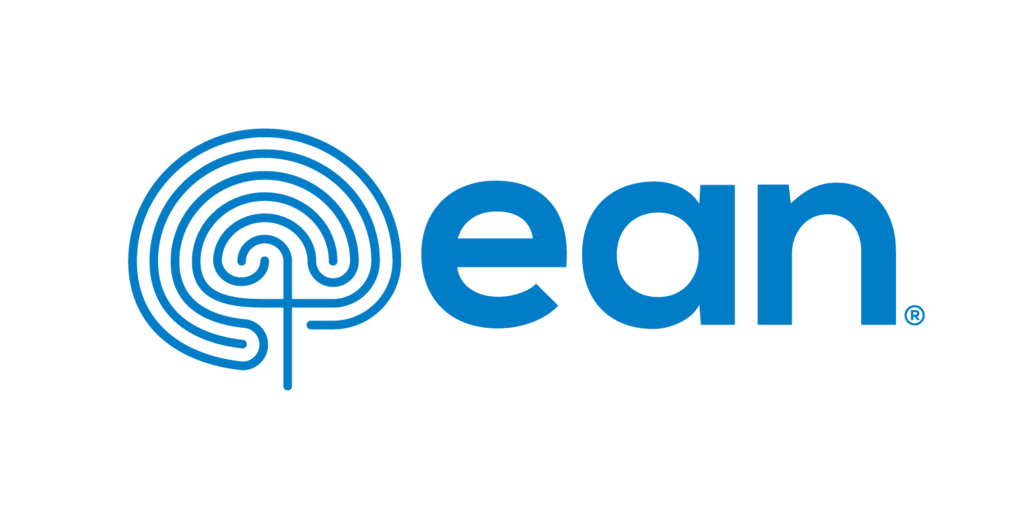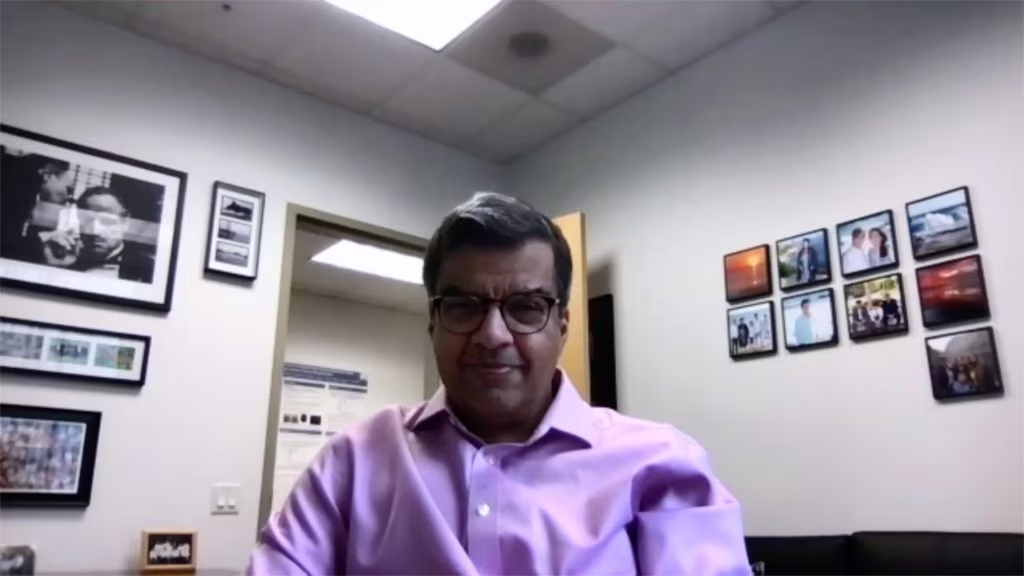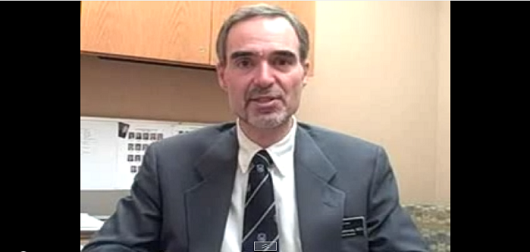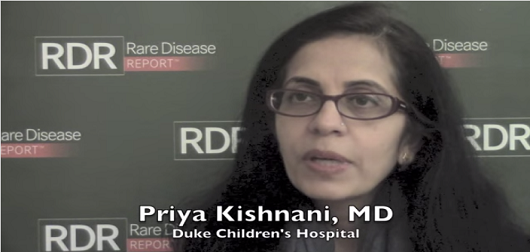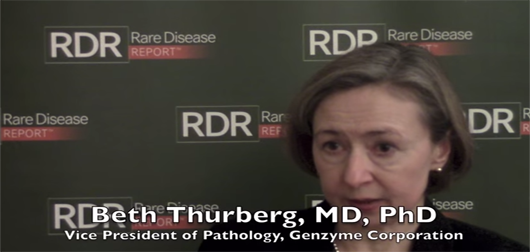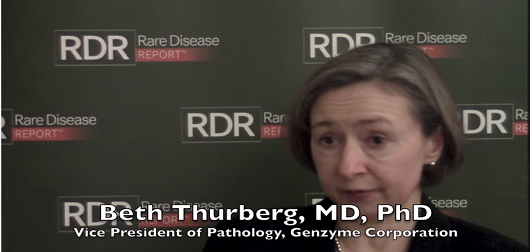Neurometabolic Disease
An Introduction to Neurometabolic Disease
Advances in next-generation sequencing and next-generation metabolic screening have greatly improved diagnosis and increased our understanding of neurometabolic diseases. Novel neuroradiology techniques, such as diffusion-weighted imaging and proton MR spectroscopy, are also increasing our understanding of the disease mechanisms. Gene therapy is starting to fulfil its potential in the treatment of some neurometabolic disorders.
Browse video highlights and short articles from the conference hub, providing insights into the latest updates from major conferences and peer-reviewed articles from the journal portfolio. This is complimented by a range of educational activities from our expert faculty, with patient outcomes at the forefront.
Our supporting partners do not constitute an endorsement of the content on this page.
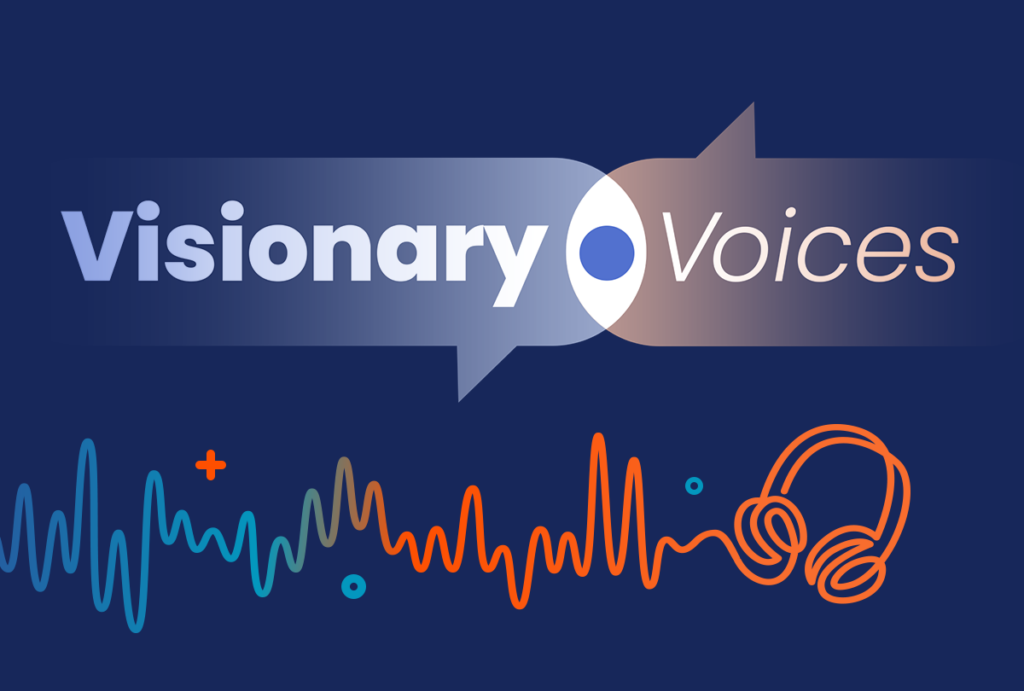
Physician burnout is at a critical point. In this episode, Nicky speaks with Dr Alfred Atanda about why so many physicians are burning out and what can be done to change the trend. From personal experience to system-wide solutions, Dr Atanda shares valuable insights on improving physician well-being and building a more effective healthcare culture.

In this episode, we explore the future of continuing medical education (CME) with the team behind touchIME. Hannah Fisher and Matthew Goodwin share insights into global and US trends, the importance of patient inclusivity and how educational outcomes are evolving to better measure the direct impact of learning on clinical practice and patient care.
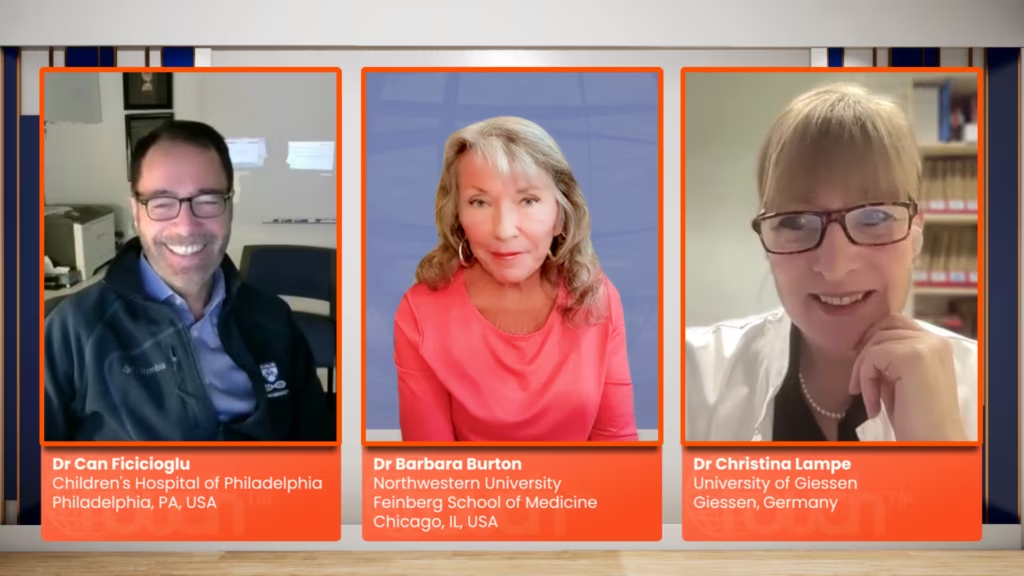
Experts discuss optimization of multidisciplinary care of alpha-mannosidosis along the patient’s lifespan.


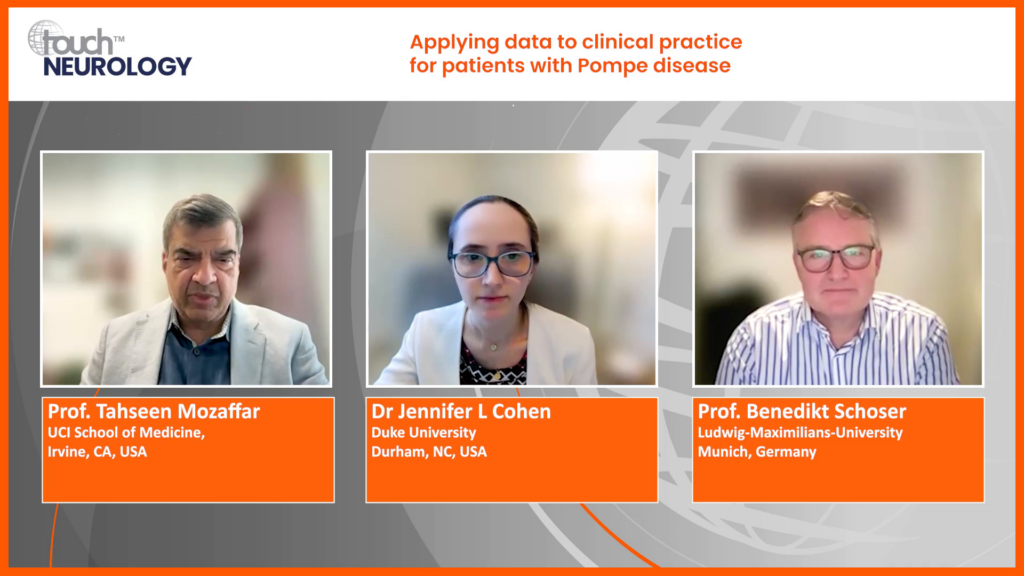
Leading experts in Pompe disease explore key data from WMS 2024 and WORLDSymposium 2025.





In this episode, we’re joined by Bradley Love, Professor of Cognitive and Decision Sciences at UCL, ELLIS fellow, and creator of BrainGPT. We discuss how this large language model is poised to assist researchers in advancing their work.
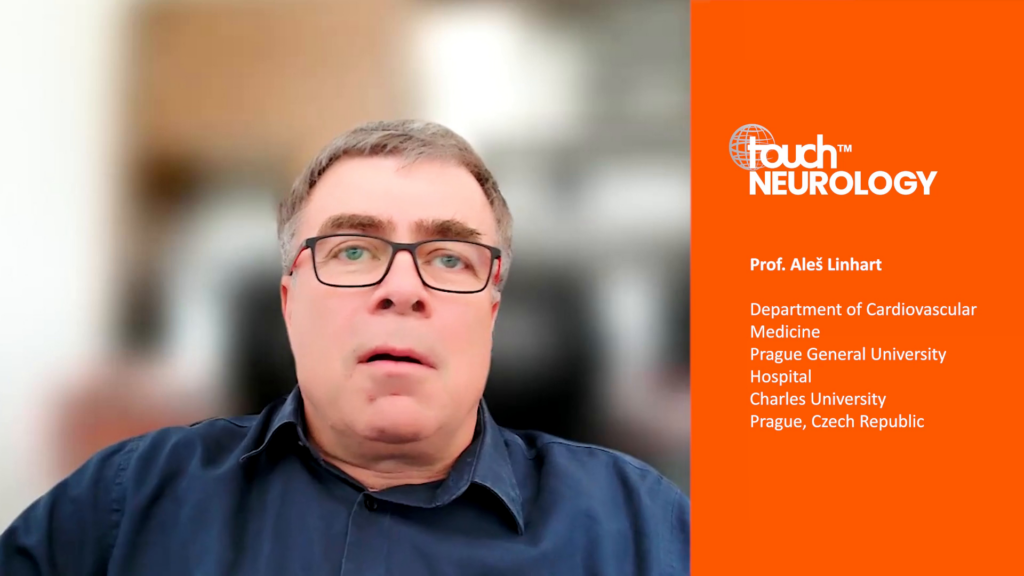
Fabry disease experts discuss early diagnosis, organ monitoring, long-term individualized care and future directions.


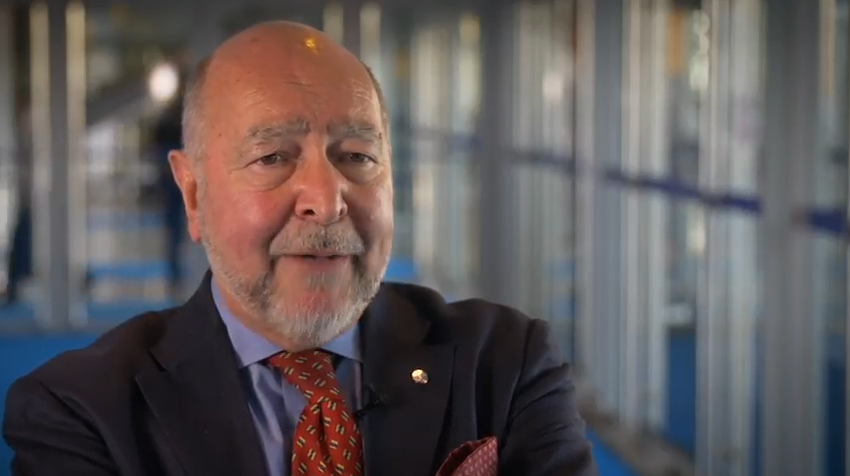
Antonio Federico (EAN Scientific Committee Chair; Professor, Clinical Neurology and Neurometabolic Diseases, University of Siena, Italy) describes the impact increased migration has had on the pathophysiology of neurological conditions and the need to increase awareness of this amongst neurologists. Questions 1. ...
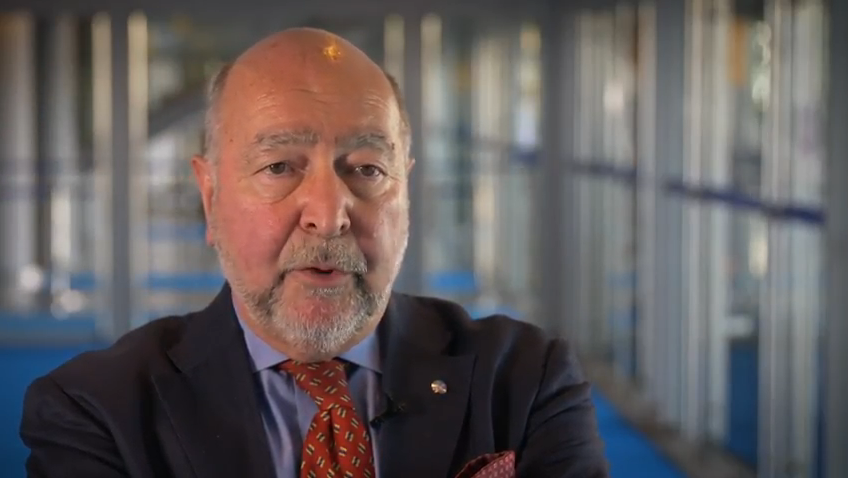
Antonio Federico (EAN Scientific Committee Chair; Professor, Clinical Neurology and Neurometabolic Diseases, University of Siena, Italy) discusses the unique challenges that rare neurological diseases bring and how the EAN have a Task Force focused on this important area. Questions 1. Could ...
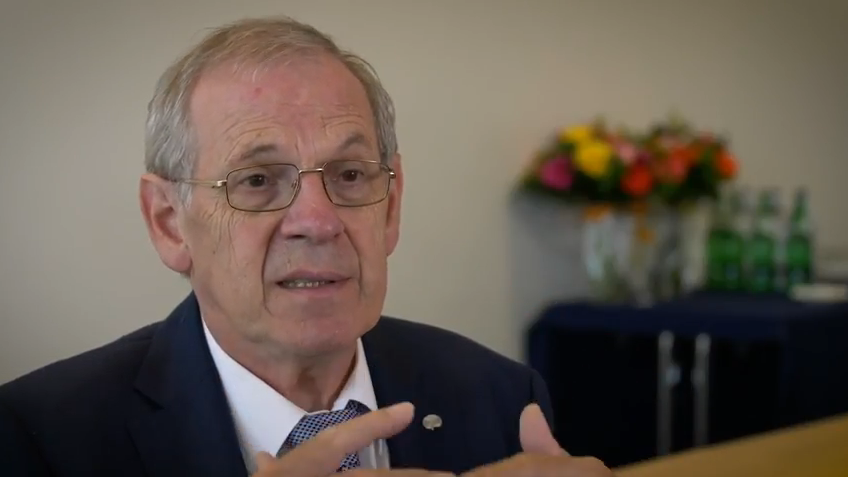
Günther Deuschl (EAN President; Professor of Neurology, Department of Neurology, University Hospital Schleswig-Holstein, Kiel Campus, Germany) kindly took the time to discuss with us the burden of neurological diseases in Europe, including disparities across our continent, and how the ...
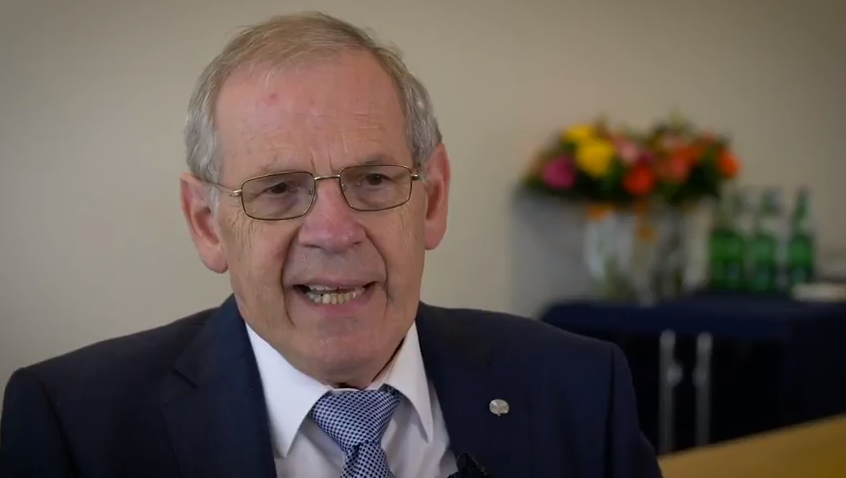
Günther Deuschl (EAN President; Professor of Neurology, Department of Neurology, University Hospital Schleswig-Holstein, Kiel Campus, Germany) kindly took the time to discuss with us the burden of neurological diseases in Europe, including disparities across our continent, and how the ...
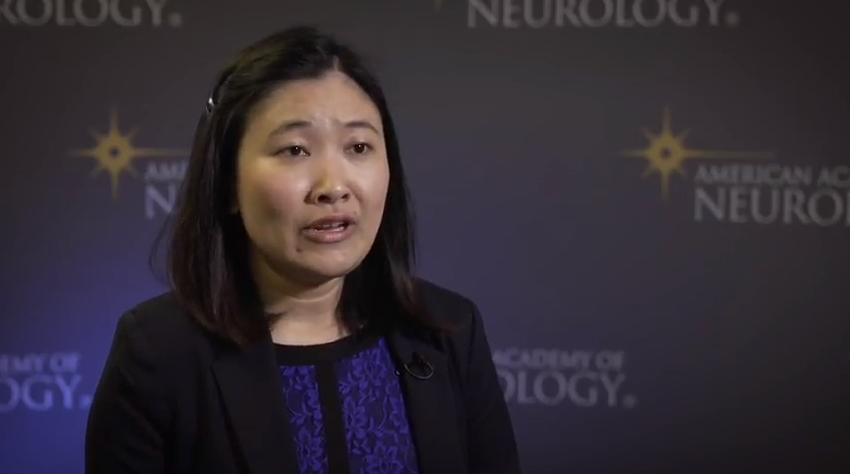
Thapanee Somboon (Cleveland Clinic, OH) talks us through the key findings of her two presentations, which focused on the prevalence of high risk obstructive sleep apnea and insomnia in neurological populations (abstract available here) and the performance of sleep apnea ...
Latest articles videos and clinical updates - straight to your inbox
Log into your Touch Account
Earn and track your CME credits on the go, save articles for later, and follow the latest congress coverage.
Register now for FREE Access
Register for free to hear about the latest expert-led education, peer-reviewed articles, conference highlights, and innovative CME activities.
Sign up with an Email
Or use a Social Account.
This Functionality is for
Members Only
Explore the latest in medical education and stay current in your field. Create a free account to track your learning.


